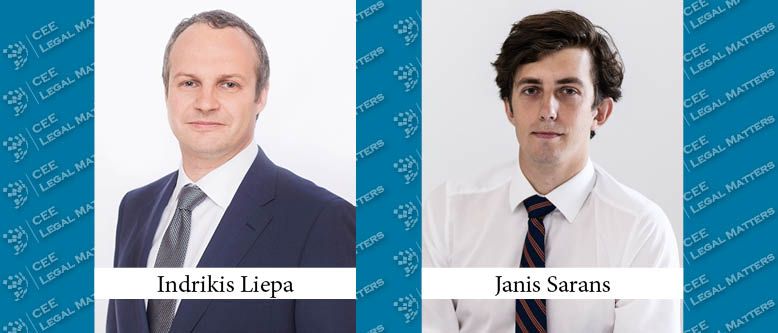In late 2018, the Competition Council of the Republic of Latvia published the final report on its most recent in-depth sector inquiry on the distribution practices of reimbursed medicines on the wholesale market and potential competition restrictions therein. The sector inquiry had lasted for almost two years, during which the Competition Council gathered information from both the public and the private sectors, approaching seven producers, twelve wholesalers, and several public institutions, such as the State Agency of Medicines and the Health Inspectorate, among others. Although the Competition Council proclaimed that the main goal of the sector inquiry was to analyze potential competition restrictions on the wholesale market, which could be apparent because of the vertical integration of wholesalers and leading pharmacy chains and the exclusivity status of the wholesalers, no infringements proceedings were initiated as a result. Notwithstanding the lack of subsequent infringement proceedings, however, some crucial conclusions were drawn.
First, the Competition Council concluded that the average price of B list reimbursable medicines had increased 20% in only three years. Second, the Competition Council singled out AS Recipe Plus as the market leader with the most significant market power that lacks effective competition on the wholesale level. Third, the Competition Council emphasized that the vertical integration of leading wholesalers and pharmacy chains and the limited direct contracting between the producers and the wholesalers create a risk that existing market participants will be excluded and that new ones will have difficulty entering. Fourth, the Competition Council identified systemic problems in the distribution of medicines that have resulted in problems for patients seeking access to reimbursed medicines.
Following the publication of its final report, the Competition Council asserted that one of its priorities in 2019 will be further investigations and inquiries within the pharmaceutical industry. The Competition Council has certainly been living up to this, and on May 2019 it sent in-depth information requests to a majority of leading market participants, indicating that another sector inquiry has been initiated. What is unusual in relation to this specific sector inquiry is that the Competition Council is not looking at pricing policies in the Latvian market alone, but in the Baltics as whole.
According to the requests it sent to the market participants, the Competition Council has opened a sector inquiry “on factors affecting drug prices and potential restrictions of competition,” and it is focusing a significant amount of attention on existing contractual relationships between wholesalers and manufacturers, as well as on individual practices of producers in relation to their choices in use of specific marketing activities, the allocation of funds for these activities, and their impact on the final price offered to wholesalers. The Competition Council has inquired not only about the prices offered by producers to wholesalers, but also about the specifics of rebate schemes employed in all three of the Baltic jurisdictions.
From the questions posed in the requests, it appears that the Competition Council is concerned with the differences in pricing practices, which are heavily influenced by a few leading wholesalers exercising strong purchase power. Although it is speculative to assume that any of the market participants are holding dominant market position in any of the relevant markets, the Competition Council’s inquiries imply deep interest in the causes of the previously-mentioned systemic problems that consumers are facing.
It is yet to be seen how the sector inquiry will advance, given that it took almost two years for the final report to be published last time. And more inquiries for information might follow, depending on the scope and content of information provided by the market participants in relation to the most recent requests. It is even less clear what will be the course of action of the Competition Council in relation to the use of information about the Baltics as a whole, given that the direct exchange of information happens between national competition authorities.
Nevertheless, it is clear that regulatory authorities are ever more inclined to engage in analyses of problematic aspects of the pharmaceutical industry, resulting in increased potential for new regulatory enactments or possibly even infringement proceedings following the closing of the sectoral inquiry.
By Indrikis Liepa, Partner, and Janis Sarans, Attorney, Cobalt Latvia
This Article was originally published in Issue 6.6 of the CEE Legal Matters Magazine. If you would like to receive a hard copy of the magazine, you can subscribe here.
















